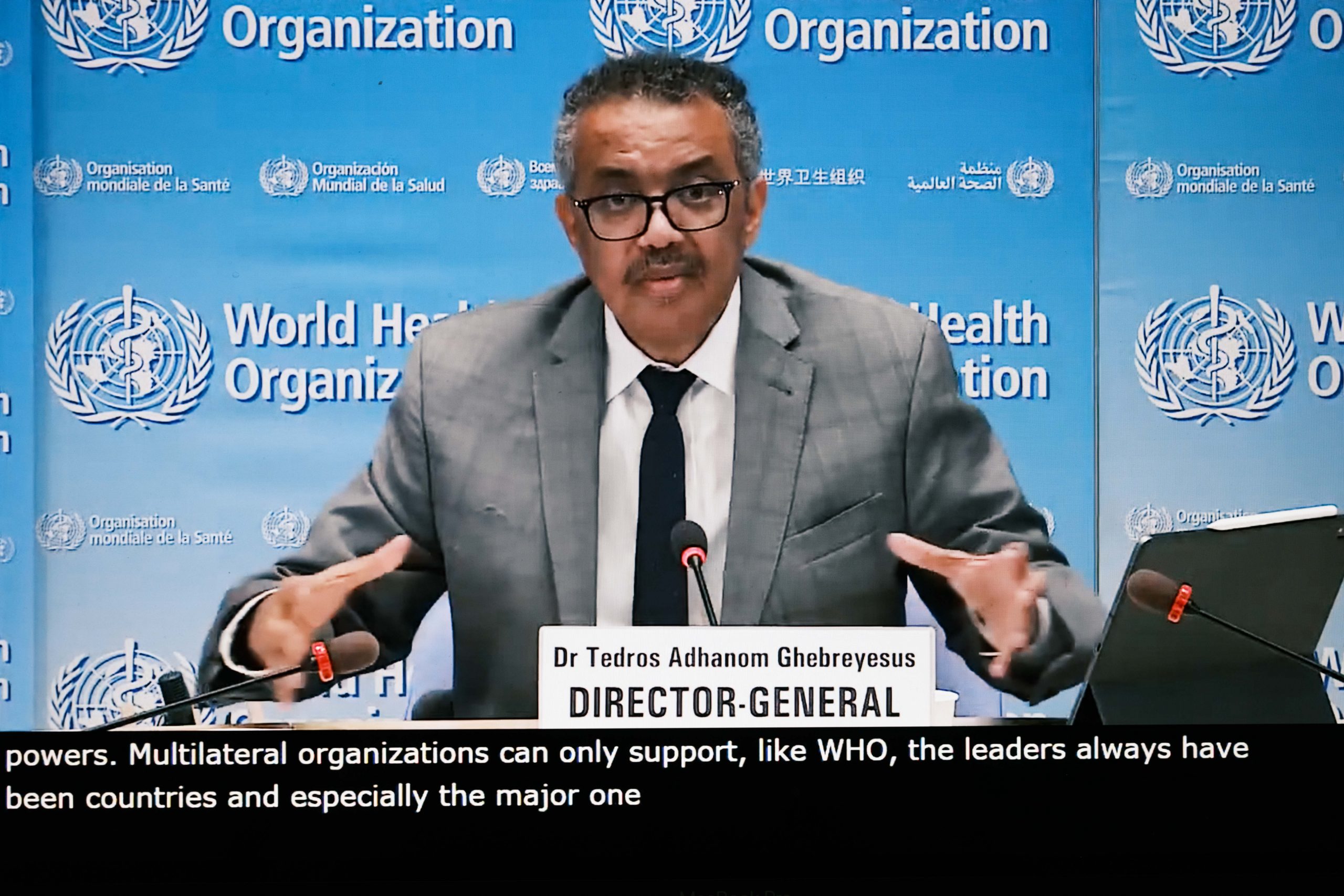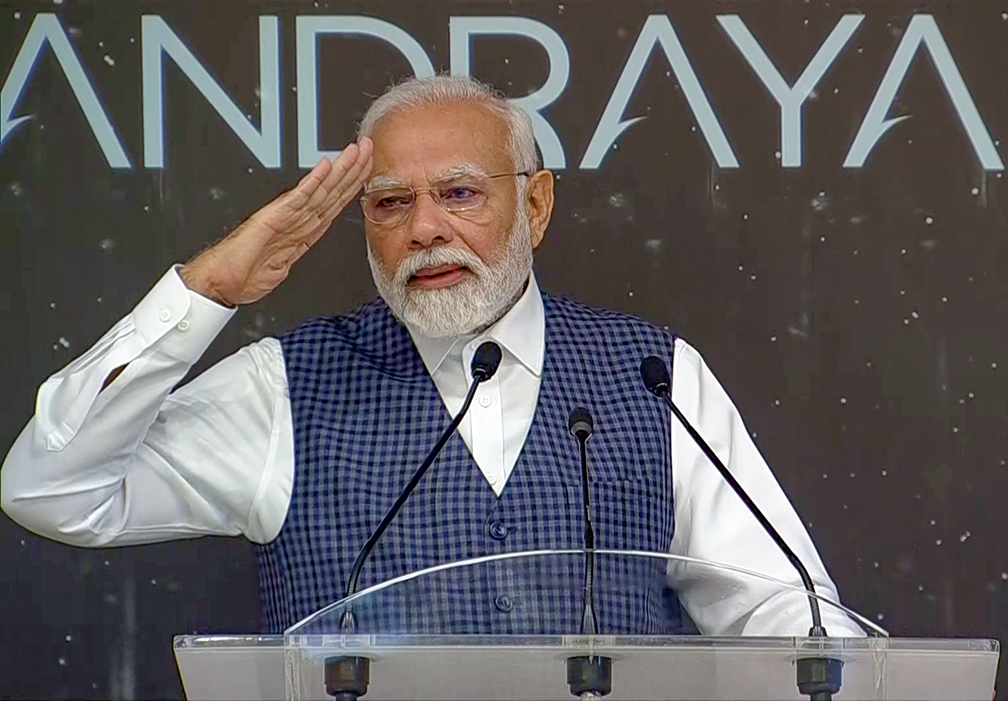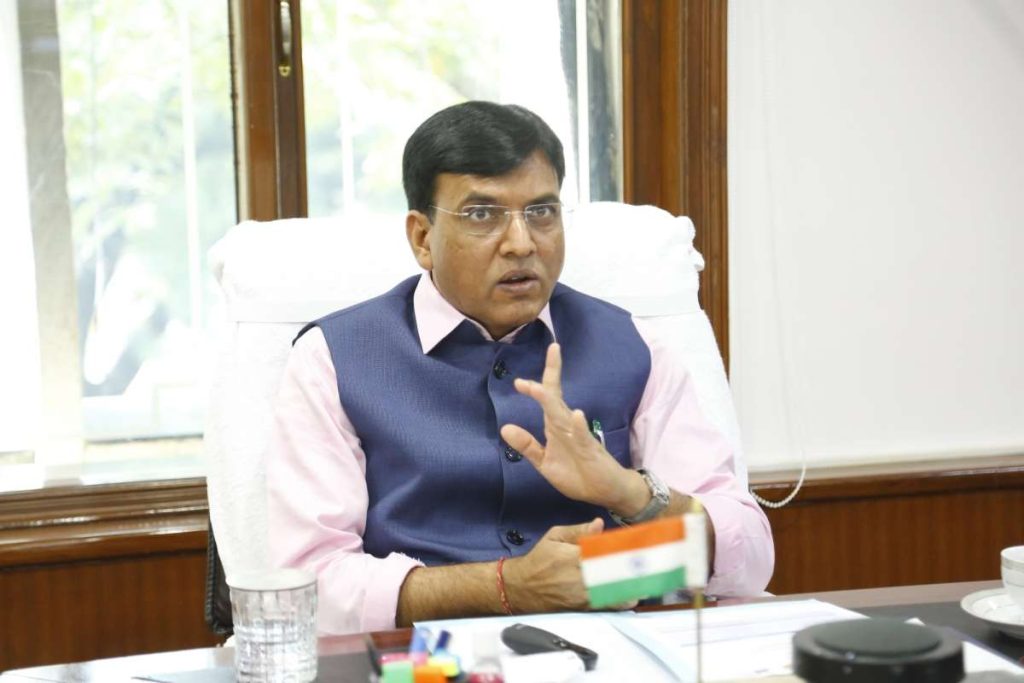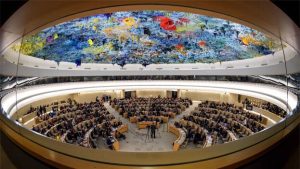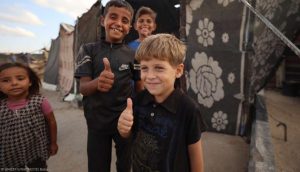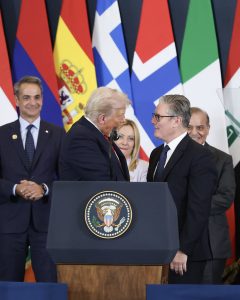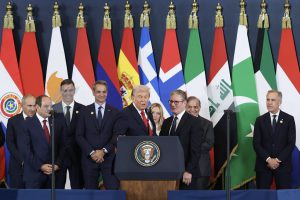WHO Director-General Tedros Adhanom Ghebreyesus will be at the summit along with G20 Health Ministers and scientists, practitioners of traditional medicine and health workers, reports Arul Louis
The WHO and India are convening the first global summit on traditional medicine in Gandhinagar next week with the participation of G20 Health Ministers.
UN Secretary-General Antonio Guterres’s Spokesperson Farhan Haq said on Thursday that the meeting would seek to enhance the scientific basis of traditional medicine and help meet the UN targets for health.
The summit next Thursday and Friday would “explore ways to scale up scientific advances and realise the potential of evidence-based knowledge in the use of traditional medicine for people’s health and well-being around the world,” he added.
WHO emphasises that traditional medicine can be a catalyst for “achieving the goal of universal health coverage and meeting global health-related targets that were off-track even before the disruption caused by the Covid-19 pandemic,” Haq said.
WHO Director-General Tedros Adhanom Ghebreyesus will be at the summit along with G20 Health Ministers and scientists, practitioners of traditional medicine and health workers, the organisation said.
“Bringing traditional medicine into the mainstream of healthcare — appropriately, effectively, and above all, safely based on the latest scientific evidence — can help bridge access gaps for millions of people around the world,” he said.
An aim of the summit is to enhance scientific rigour in traditional medicine, according to WHO.
The summit will look for methodologies to develop a global research agenda and set priorities in traditional medicine, it said.
“Advancing science on traditional medicine should be held to the same rigorous standards as in other fields of health,” said John Reeder, WHO’s Director for Research and Health.
“This may require new thinking on the methodologies to address these more holistic, contextual approaches and provide evidence that is sufficiently conclusive and robust to lead to policy recommendations,” he added.
WHO said, “Natural doesn’t always mean safe, and centuries of use are not a guarantee of efficacy; therefore, scientific method and process must be applied to provide the rigorous evidence required for the recommendation of traditional medicines in WHO guidelines.”
ALSO READ-UK, India health care alliance launched to promote excellence, education, partnerships

